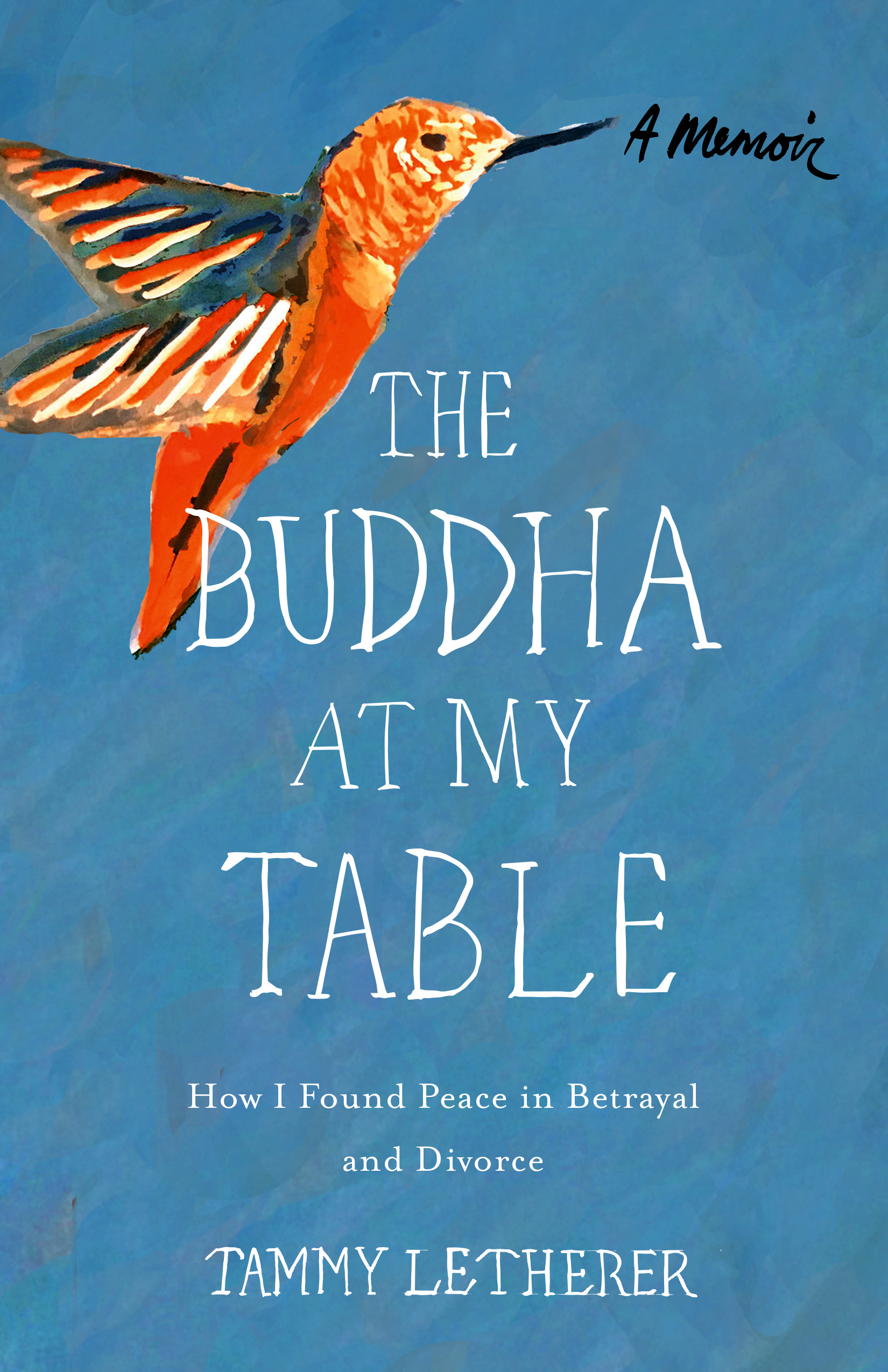On an ordinary Tuesday night in December, two weeks before Christmas, my husband of twelve years asked me to join him at the table, where he sat with a piece of paper and two fingers of scotch in front of him. He had three things to tell me: 1. He’d had an affair shortly after our marriage. 2. He’d been using escorts on business trips. 3. He was leaving me for someone he’d met and known for one day in Las Vegas.
Then the man I’d known for twenty years, now a stranger, stood and walked out the door, leaving me on the floor and our three children in their beds.
Try repeating that story again and again. It’s the story that begins my memoir, and since promoting its recent release, I’ve said those words many times. I’ve had the opportunity to find out whether retelling a painful experience makes the trauma bigger and more powerful, or whether it lightens the memories and sets them free.
Every memoir writer wonders about this. One of the biggest fears I hear from those just starting a book is that the process will be too painful; it will create too much chaos for themselves and their families. What will people think? is a close second on the list of fears. From the beginner’s vantage point the answer seems obvious: writing about my life will be difficult and potentially damaging.
And yet the impulse remains. The tap on the shoulder grows more insistent. What if, something inside us whispers, you don’t have a choice? What if your story needs to be shared, not just for your good, but for the good of others?
To borrow words from a song, “What if you’re just a vessel and God gave you something special? It ain’t yours to throw away.”
You won’t believe this when you’re writing. You’ll likely feel that your story has been told before, far more brilliantly, by someone else. You’ll come up with an endless list of excuses about why writing a book is too hard, or just not possible.
The problem with that is that there are people—ordinary people, no different than you—to prove you wrong.
I went to book signing last weekend for my friend Kathryn Taylor, author of Two Minus One. She writes about her experience with “Grey Divorce,” an increasing trend in marriages that fail later in life. Her story was shocking: her husband turned to her one day and, with no warning, said, “I’m done with this.” He refused to explain or speak about it from that point on. It was the last face-to-face“conversation” she would ever have with him.
Kathryn made a point of saying several times that she was not a trained writer. She was a retired first-grade teacher with no knowledge of or connections to the publishing world. She lives in a small community where there would be no anonymity. But she is now able to tell her story without shame or pain (I heard her telling one woman that she is the happiest she’s ever been in her life!) and the positive responses she’s received have been wonderful.
The same has been true for me. And it will be true for you too.
Don’t know how to start? Try writing your experiences as they happened, in the moment; avoid painting them with the soft brush of hindsight. Your readers will learn more from witnessing an experience than from reading an explanation. Immediacy is the key to identification. When we’re in the midst of what Elizabeth Gilbert calls a “bathroom floor moment,” no one wants to hear analysis or that time heals all wounds.
We want to know how you, only you, got through it. We want to experience your unique form of courage, the kind of courage that dares to say “This is my story, and it matters.”
Because it does.









